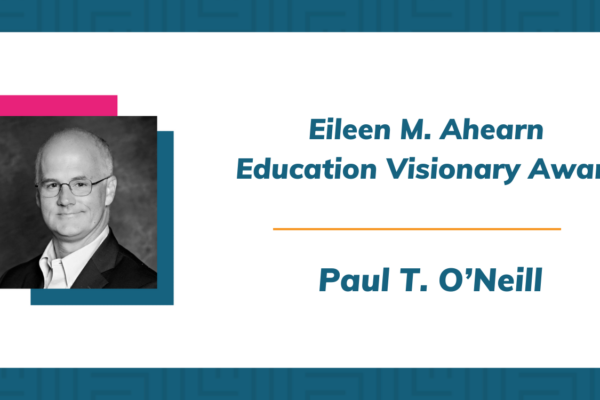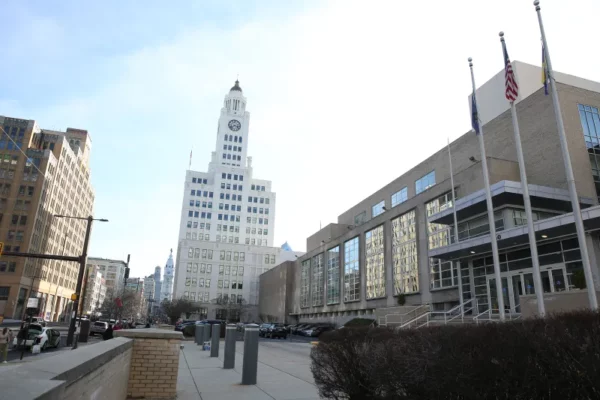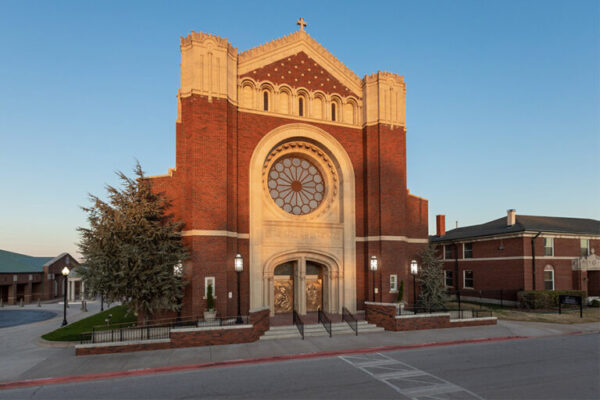“The origin of the charter sector was to expand opportunities for kids from marginalized demographics,” says Executive Director Lauren Morando Rhim. “With kids of color and low-income kids, the charter sector has done that. But for kids with disabilities, it has not.”
“Parents of kids with disabilities are not interested in the argument of districts vs. charters; they just want good schools,” CLE Executive Director Lauren Morando Rhim said. “In our ideal world, their child could go to both schools, they are both good options, and [parents] know how to navigate those choices.”
The two-year research study reveals that education leaders and policymakers are not doing enough to ensure students with disabilities receive a high-quality education at charter schools and highlights how state policymakers, authorizers, nonprofits, charter management organizations, and individual schools can improve the educational experiences of students with disabilities.
CLE is proud to announce that Paul O’Neill, CLE’s co-founder and Senior Fellow Emeritus, is the recipient of the 2024 Eileen M. Ahearn Education Visionary Award. Paul’s contributions to special education and charter schools align seamlessly with Eileen’s vision and legacy.
This analysis by The 74 shows Minnesota could fill its vacancies three times over if it lured back special ed teachers from less-grueling regular ed classrooms. Wendy Tucker, CLE’s Senior Policy Fellow, is quoted in this article to help illustrate the challenges students with disabilities face every day.
As an advocate for students with disabilities and charter schools, I am appalled at the current situation at Franklin Towne Charter High School and urge the Philadelphia School Board to pursue steps to close the school due to discriminatory practices dating back to 2016.
While CLE is not advocating for the IDEA to be amended during the current Congress, we do believe that, at the appropriate time, Representative Molinaro’s bill would be a big step in the right direction in making sure that parents of students with disabilities are able to meaningfully participate in the IEP process.
David Greenberg and Karega Rausch of NACSA share the results of their year-long analysis of how charters are authorized yielded some key suggestions for how applications should evolve.
Given the Oklahoma Virtual Charter School Board’s decision to approve the charter application of the St. Isidore of Seville Catholic Virtual School, we at the Center for Learner Equity feel it is imperative to reinforce that charter schools are public schools that must be accessible and inclusive for students with disabilities and, we believe, must be non-sectarian.
CLE’s executive director, Lauren Morando Rhim is quoted in a Youth Today article exploring the trend of microschools.









